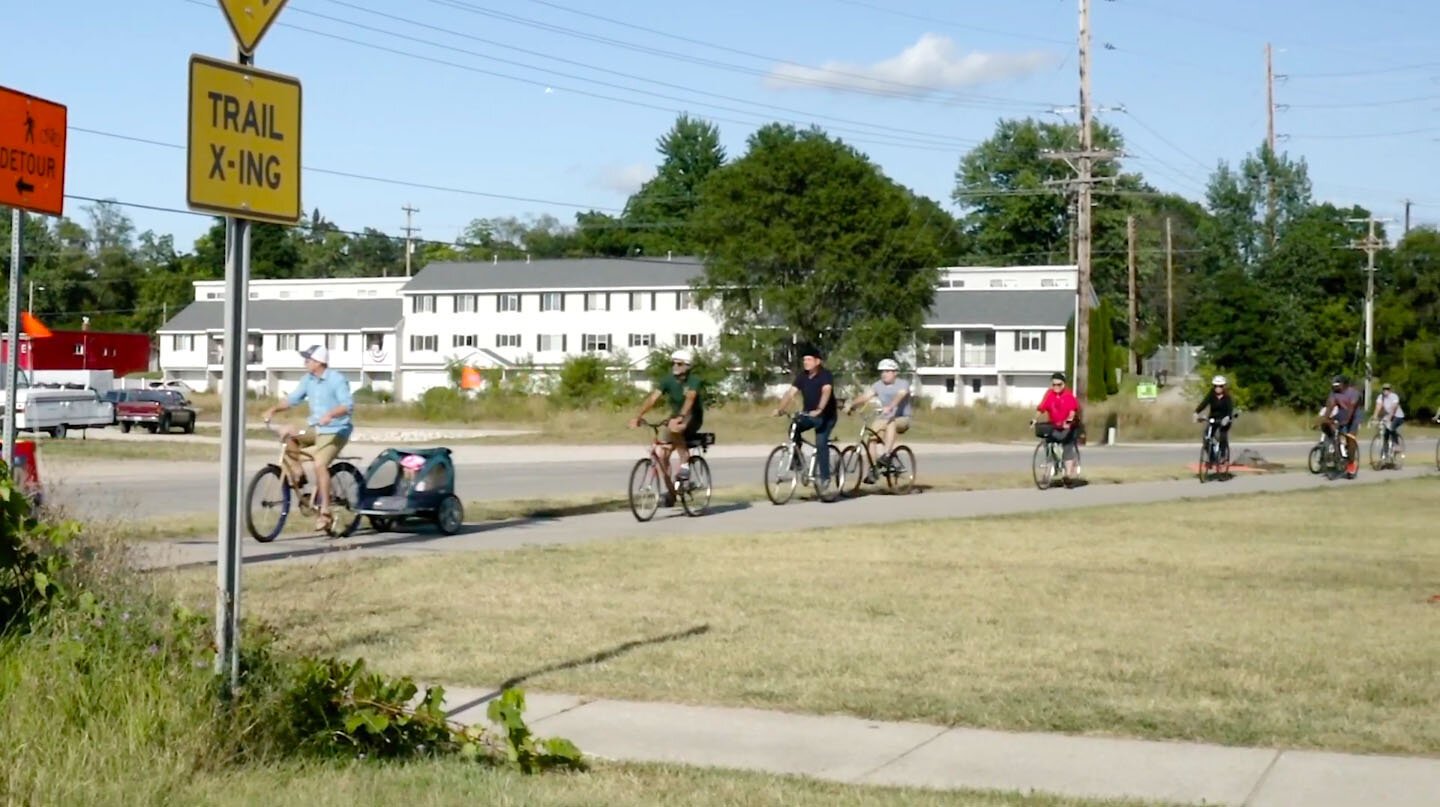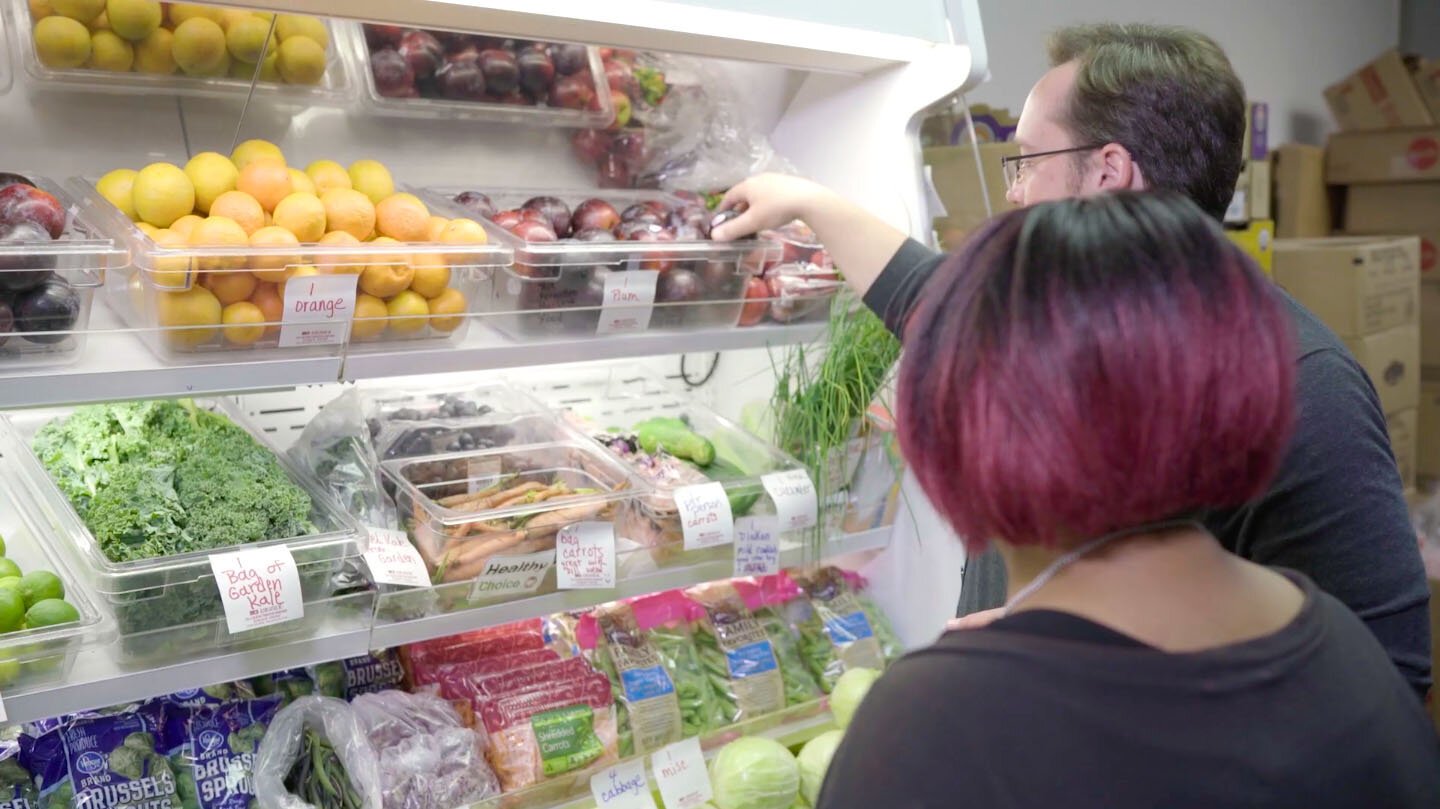Partner Partner Content How policy, systems, and environmental change can create healthier Michigan communities
By reaching beyond direct nutrition and fitness education, PSE initiatives work to change environments and systems, removing barriers that make choosing that healthy snack and getting that physical activity so difficult.
This article is part of Stories of Change, a series of inspirational articles of the people who deliver evidence-based programs and strategies that empower communities to eat healthy and move more. It is made possible with funding from Michigan Fitness Foundation.
Fifteen years ago, Traverse City’s health outcomes were relatively poor, especially among its low-income neighborhoods. That’s when residents and community organizations leveraged federally-funded Supplemental Nutrition Assistance Program Education (SNAP-Ed) programming to create positive change that still reverberates today.
Through creative partnerships with community-based organizations, champions like Patti Tibaldi, athletic director for Traverse City Public Schools, worked to create a culture of health.
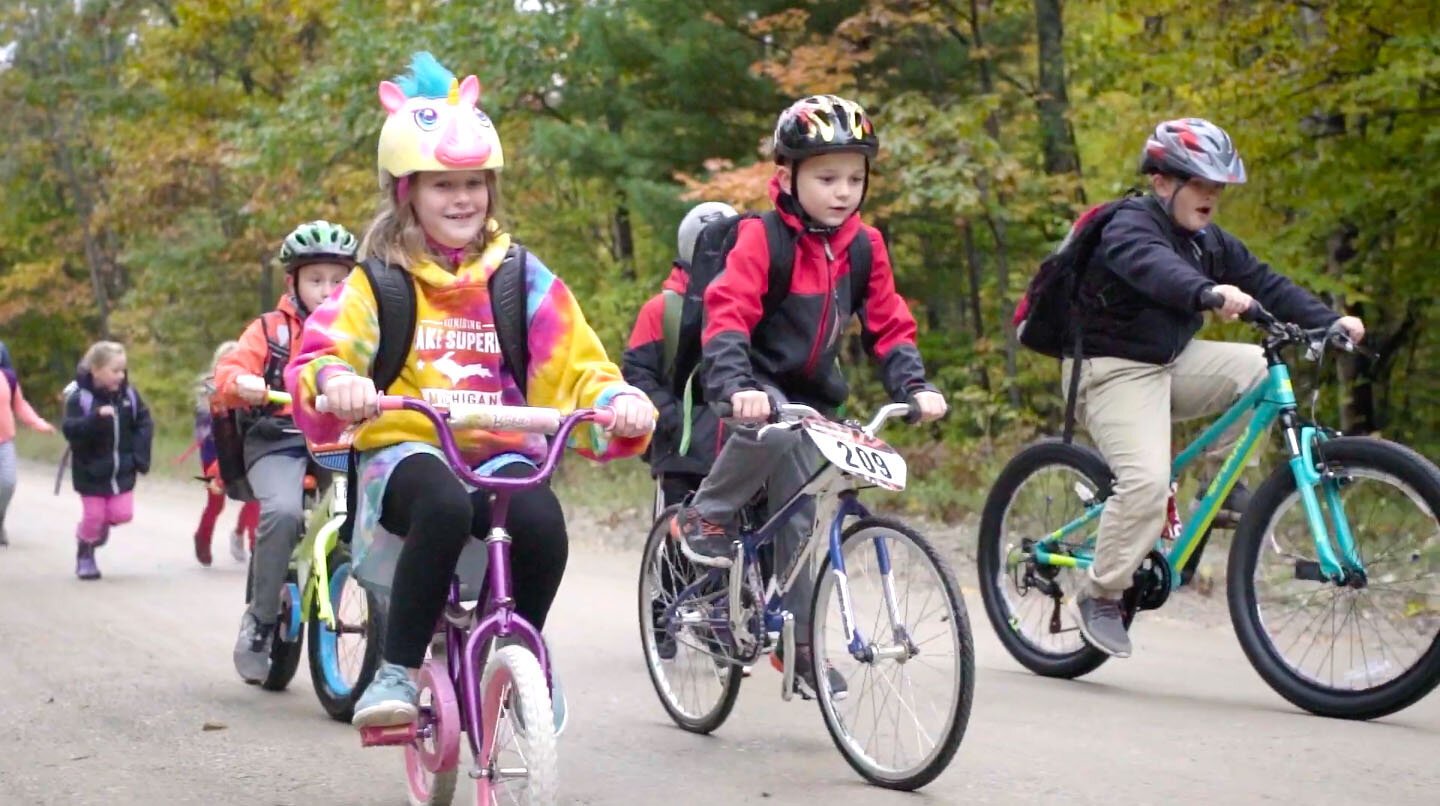
“From the cafeteria to the playground, through recess and physical education, [Tibaldi] knew the community would embrace positive change to the school culture to make students healthier, planting the seed for broader community change work,” says Marci Scott, vice president of programs for Michigan Fitness Foundation (MFF). As a State Implementing Agency for the Michigan Department of Health and Human Services, MFF offers competitive grant funding for local and regional organizations to conduct SNAP-Ed programming throughout Michigan.
In her work as local SNAP-Ed program lead, Scott says Tibaldi supported educators to “turn around the metrics.” SNAP-Ed helped fund programs that focused on healthy foods and physical activity, which were a catalyst for multiple other community-driven programs that collectively resulted in a healthier Traverse City.
This new culture of health may seem like a happy accident, but it’s actually the result of intensive work designed to create policy, systems, and environmental (PSE) change.
How does PSE work?
“Over the past 10 years, MFF has developed a collaborative of partners statewide whose work focuses on improving the health of Michigan’s most vulnerable citizens. MFF supports these partners as they help Michiganders integrate healthy eating and physical activity into their daily lives. It is the foundation of who we are and what we do,” says Amy Ghannam, president and CEO of MFF.
Across Michigan, in diverse and community-specific ways, SNAP-Ed empowers children and adults through direct education programs that teach them about healthy eating and engaging in physical activity. Learning about healthy behaviors can only take someone so far if they don’t also have access to what they need to apply what they’ve learned. Choosing healthy snacks is a challenge for those without access to a supermarket, and being active is harder without a safe, welcoming space. By reaching beyond direct education, PSE initiatives work to change the environments and systems, removing barriers that make choosing that healthy snack and getting that physical activity so difficult.
To highlight the PSE work it has carried out across Michigan, MFF has produced a series of videos to share some of the local success stories born out of SNAP-Ed.
“When I watched the videos, they made me cry happy tears because they personify the work of PSE that isn’t always tangible to see,” says Sarah Panken, senior director of community impact with MFF.
To address healthy food access in the Detroit suburb of Redford, MFF worked with partners embedded in the community to make fresh produce available at an existing food pantry. Gleaners Community Food Bank and Redford Interfaith Relief leveraged community foundation dollars and SNAP-Ed resources to optimize the pantry to display fresh produce for food pantry shoppers. Trained volunteers and staff help shoppers make informed selections during their visits and signs nudge nutritionally sound choices.
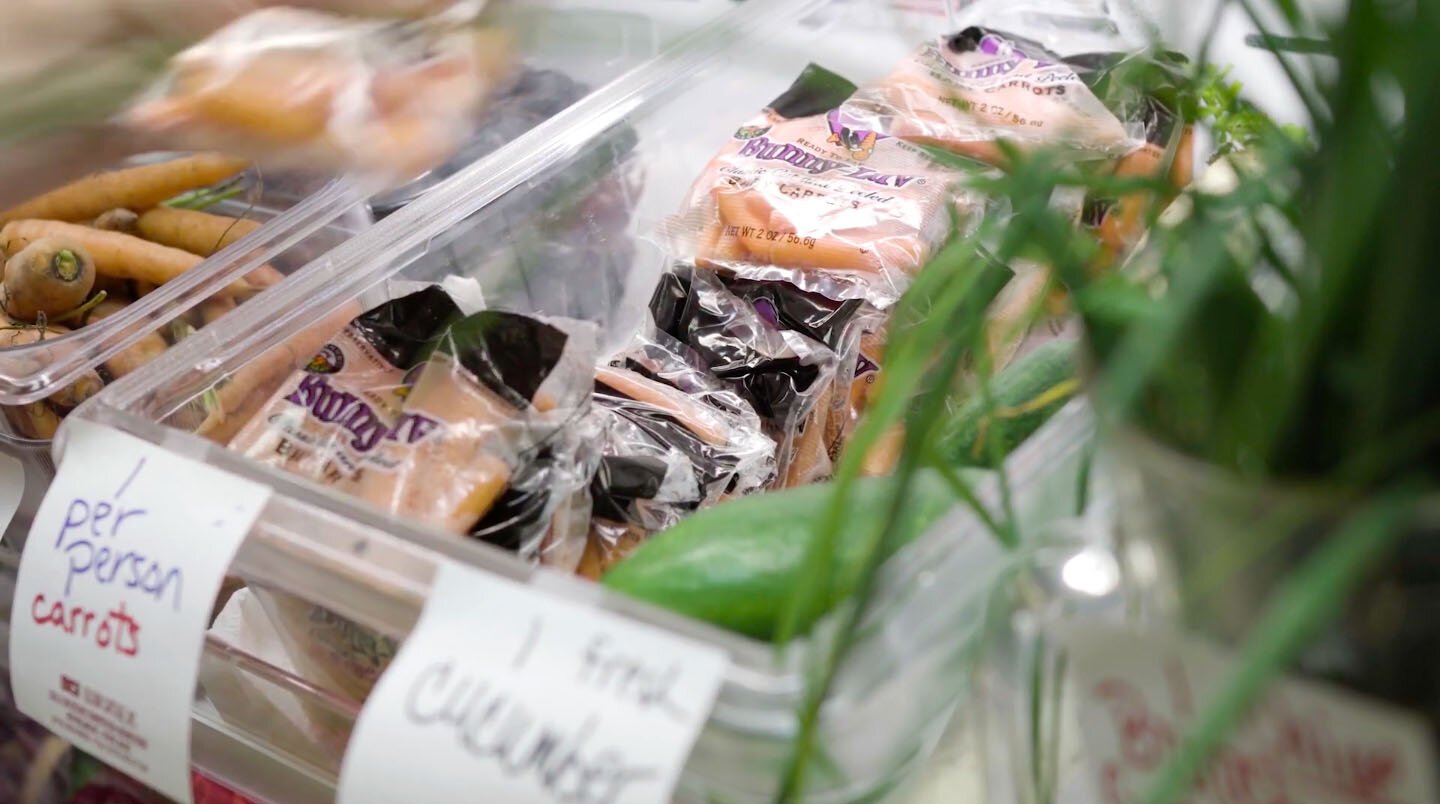
“Community context matters; our local partners are plugged into their community in a way MFF isn’t,” Panken says.
“Building a PSE foundation unique to a community’s social, cultural, and economic environment is likely to have a higher chance of success,” Ghannam says. “Engagement empowers communities to take ownership of their PSE initiatives and advocate for their own health.”
At its core, Panken says PSE work is about building trust and relationships.
“SNAP-Ed can serve as a convener to bring people together to talk about community needs and locally-relevant solutions,” she says.
Cultivating relationships through SNAP-Ed can also serve as a catalyst, leading to bigger, more holistic growth in sustainable community changes.
The long haul of PSE work
Because there is no one-size-fits-all approach, PSE is not a quick fix, nor is it necessarily linear, says Panken.
“To be comfortable doing community change work, you have to be comfortable with ambiguity. There is not always a clear path forward. It’s messy,” she says. “While there are foundational elements to PSE work, there is not necessarily a checklist of how to do it. To me, what is important is the art and practice of doing PSE work.”
The interplay between SNAP-Ed and broader PSE work is subtle but can be profound.
“SNAP-Ed’s direct education is a cornerstone, and when you layer on community change work, you can have longer-term change and bigger impact. You’re not just changing one person’s life, but potentially thousands,” explains Panken.
In the majority-Muslim community of Dearborn, SNAP-Ed PSE work created places where local moms can engage in culturally-relevant physical activity. The initiative helped open up school space to meet community goals, like having safe places for physical activity.
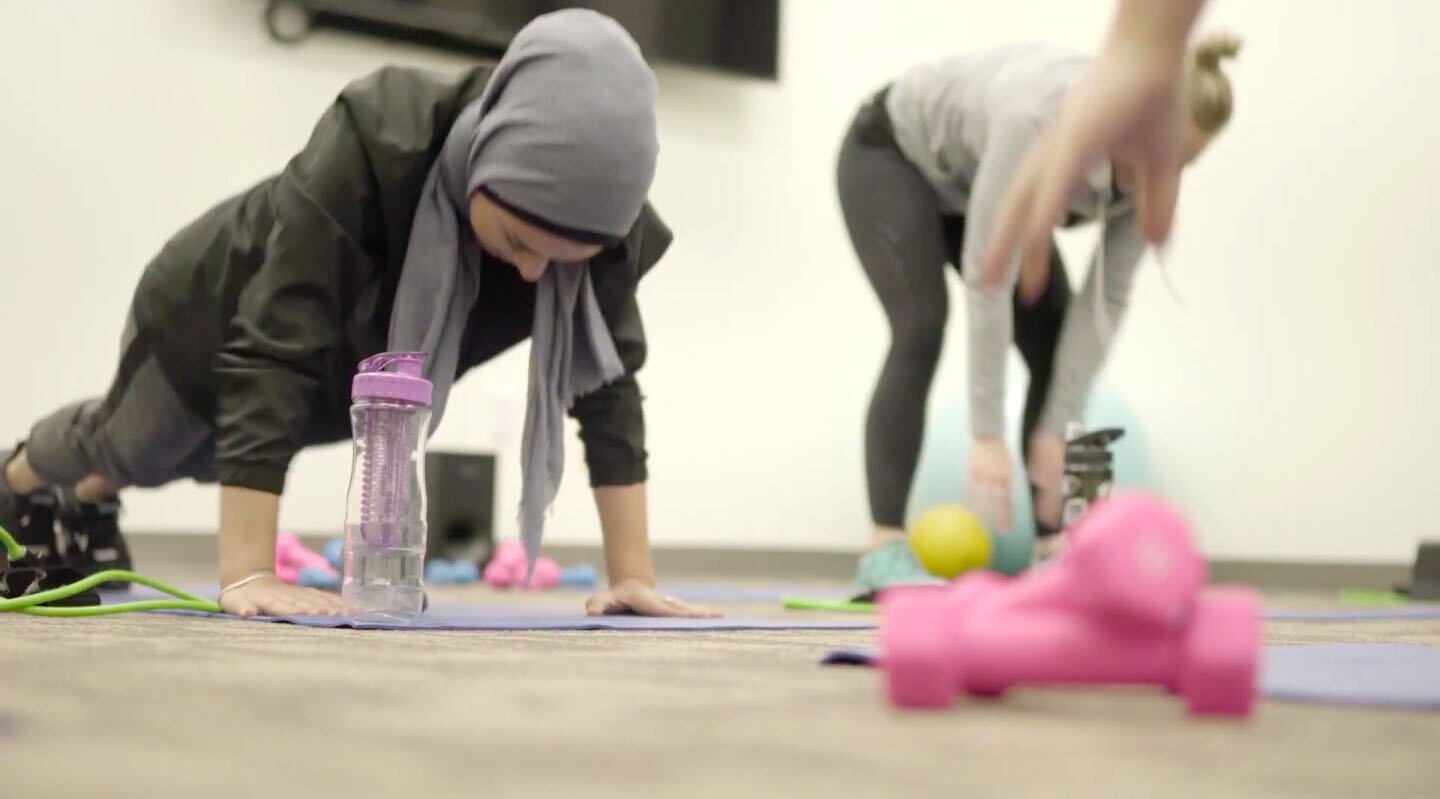
“By creating a new school district policy, space could be available not just for moms to engage in physical activity, but for the community to hold classes or use playground equipment. This change could impact thousands,” Panken says.
Similarly, Farm to School programs in Buckley, a community in Wexford County; and Northport, in the Leelanau Peninsula, have established or revived community gardens and educated children about the nutritional value of locally-grown produce. In a broader sense, these programs invigorated connections between community members and local farmers and created a way to get locally-grown produce on school lunch plates.
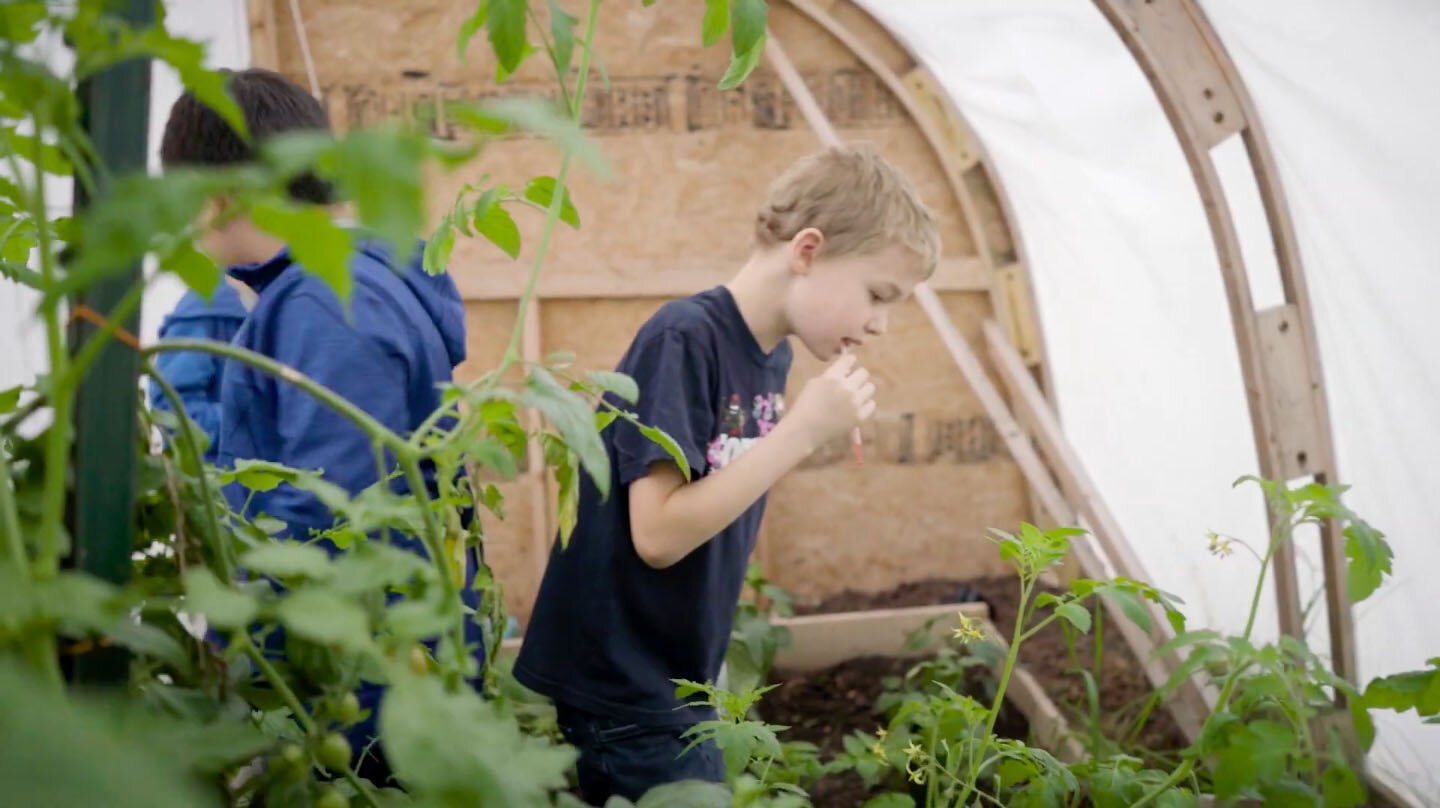
“It’s a ripple-out effect,” Panken says.
While PSE work can be long and arduous, with the help of partners and the trust of the community, small steps can become leaps and bounds of change, as in the case of Traverse City.
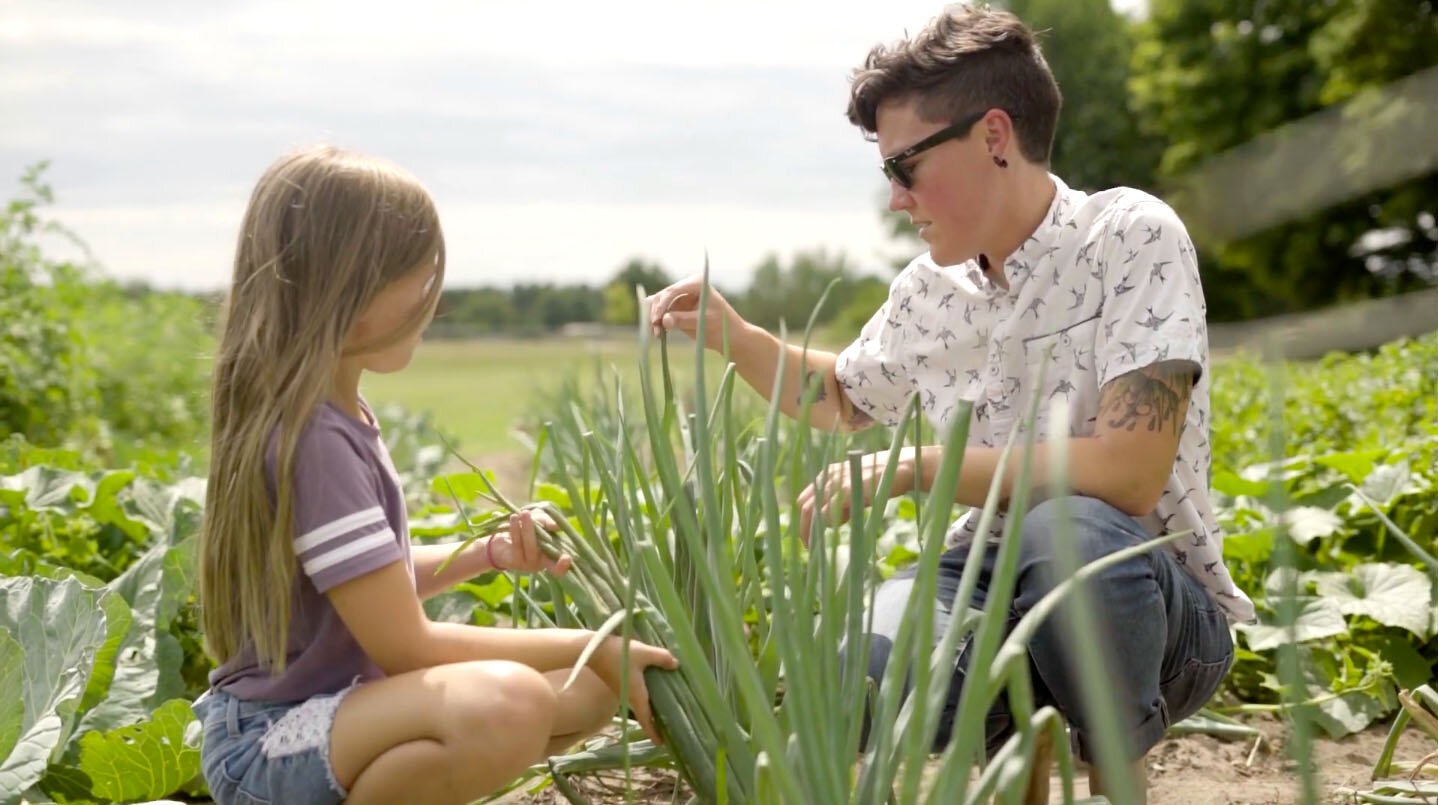
“We are especially proud of the expertise and passion for social justice and our commitment to addressing systems that perpetuate health disparities, along with the partners locally that are doing the work. We are honored to support them,” says Scott. “It’s our reason to get up and go to work every day.”

